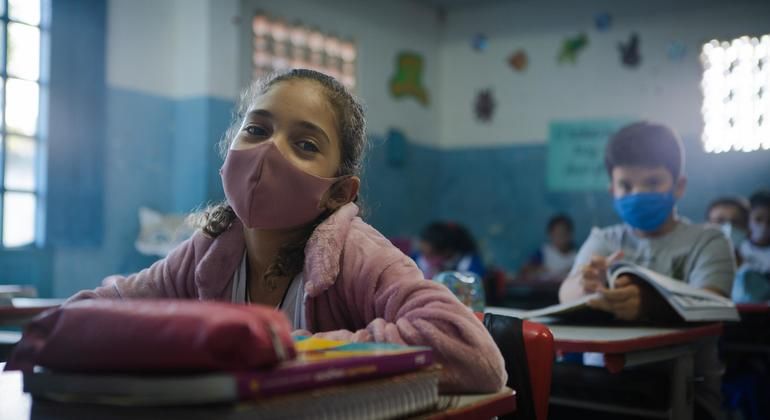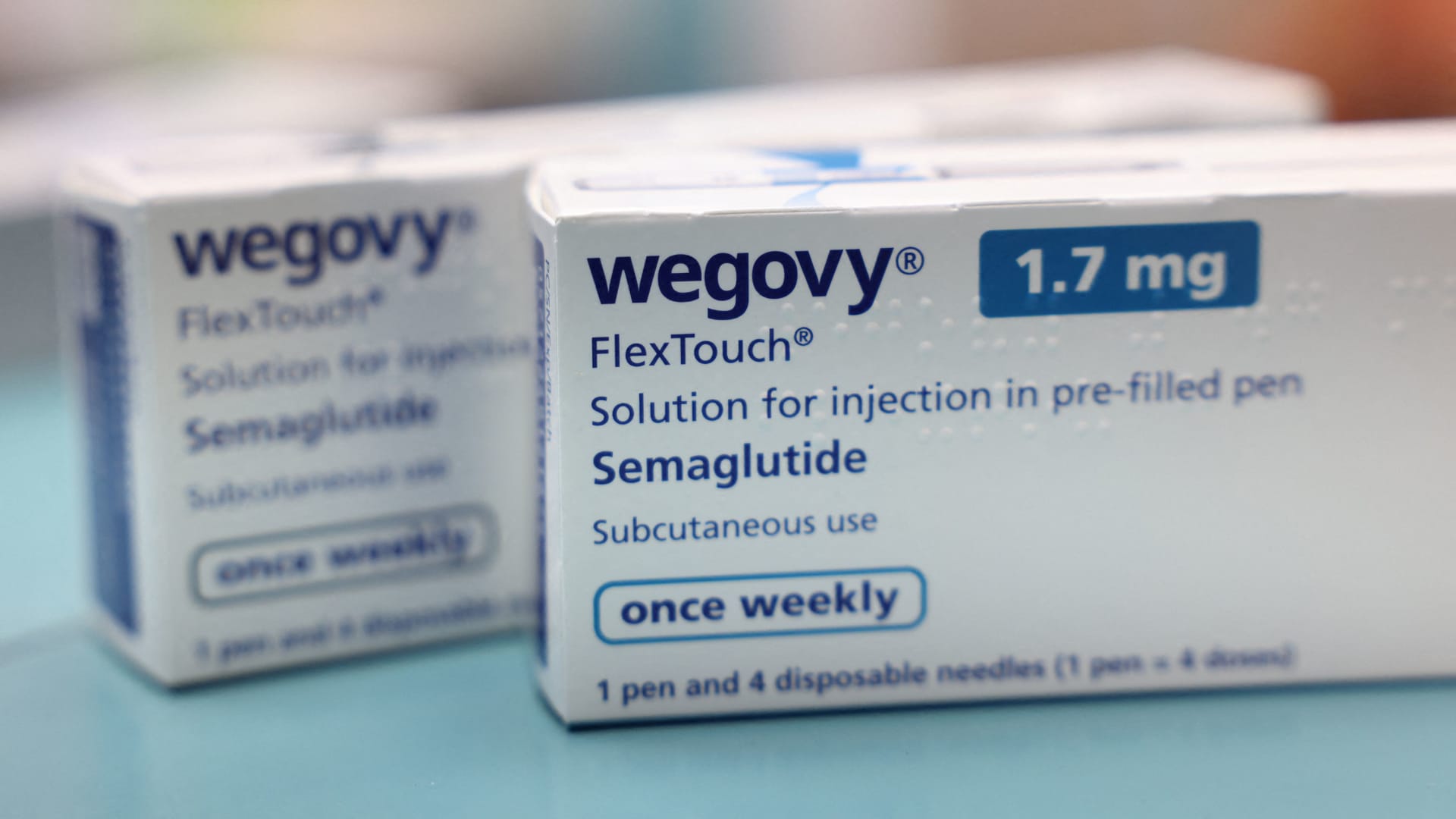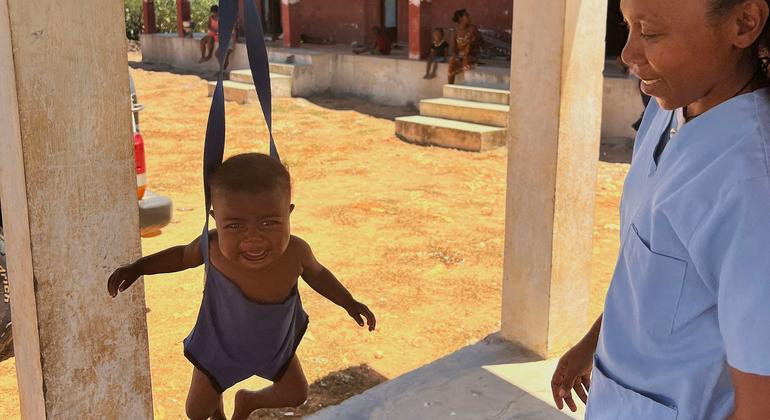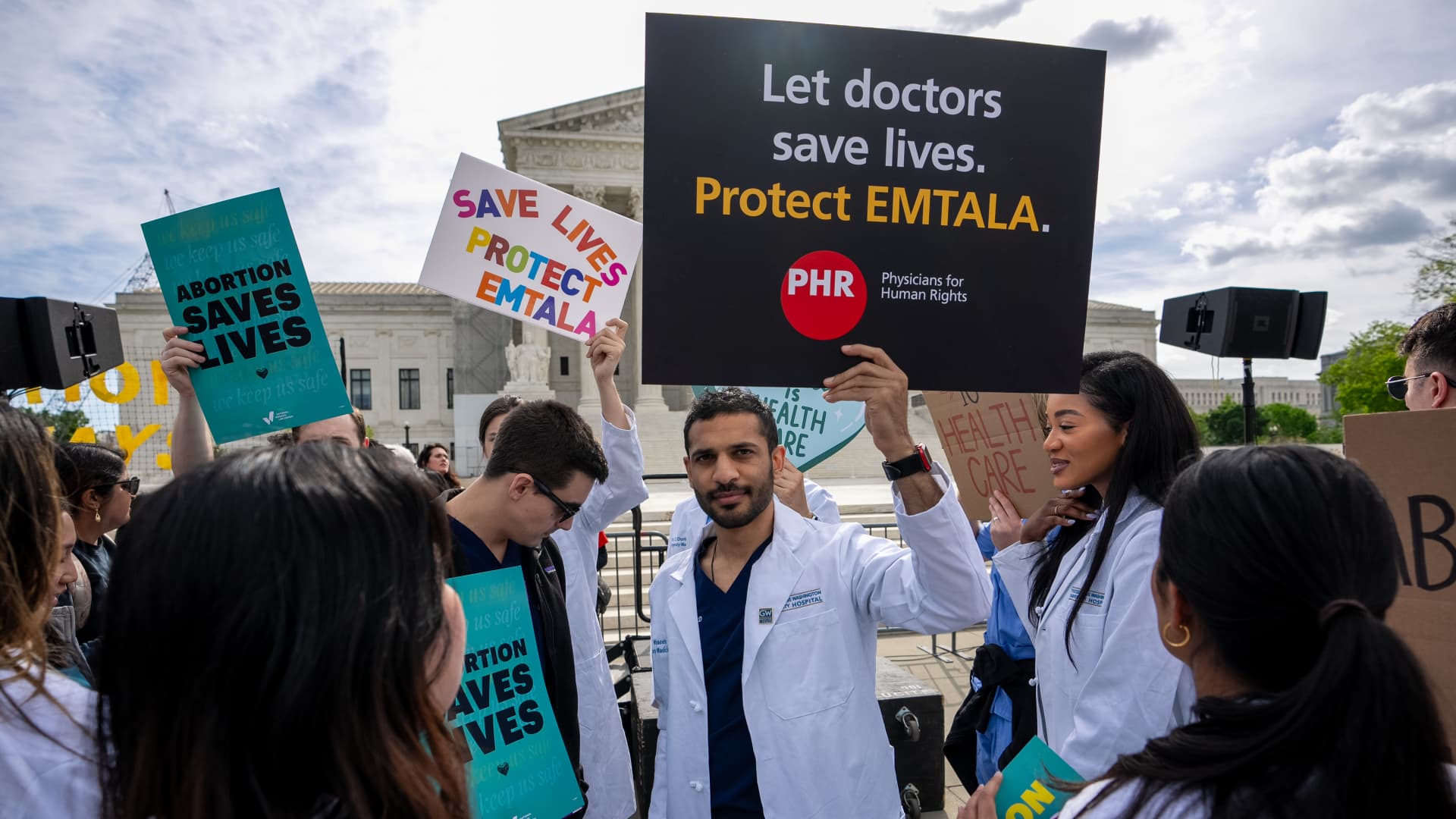Although its current assessment of the risk to global public health is “low,” the UN health agency warned that with the arrival of winter in the northern hemisphere, the new variant “could increase” the burden of respiratory infections in many countries. , highlighting other diseases. such as RSV, flu and childhood pneumonia, which are already on the rise.
Rapidly increasing spread
The classification of JN.1 as a separate variant of concern (VOI) is due to “its rapidly increasing spread” around the world, the WHO said in an advisory issued on Tuesday.
JN.1 has been found in many countries, including India, China, the United Kingdom, and the United States.
Previously, JN.1 was classified and tracked as part of its parent lineage BA.2.86, which in turn is a descendant of the Omicron or B.1.1.529 variant of SARS-CoV-2, the virus that causes COVID-19. 19.
Compared to its parental lineage BA.2.86, JN.1 has an additional mutation (the L455S mutation) in the spike protein.
Risk assessed as 'low'
The WHO said that based on currently available data, “the additional risk to global public health posed by JN.1 is currently assessed as low.”
“Despite this, with the arrival of winter in the northern hemisphere, JN.1 could increase the burden of respiratory infections in many countries,” he added.
The WHO also highlighted that current vaccines continue to protect against severe disease and death from JN.1 and other circulating variants of SARS-CoV-2.
Other respiratory diseases
COVID-19 is not the only respiratory disease at play. According to the WHO, influenza, RSV (respiratory syncytial virus) and common childhood pneumonia are on the rise.
It advised people to take steps to prevent serious infections and illnesses using all available tools, including wearing a mask when in crowded, closed or poorly ventilated areas, and keeping a safe distance from others.
He also urged everyone to prioritize safety by covering coughs and sneezes; wash your hands regularly; and staying up to date on COVID-19 and flu vaccines, especially if you are at high risk for severe illness.
Additionally, people should stay home if they are sick and get tested if they have symptoms or may have been exposed to someone with COVID-19 or influenza.
COVAX facilitated the delivery of some two billion doses of COVID vaccines around the world; Pictured is a delivery of Pfizer COVID-19 vaccines in Nepal in 2021.
Global vaccine initiative comes to an end
Also on Tuesday, the WHO announced that COVAX, the historic multilateral mechanism for equitable global access to COVID-19 vaccines launched in 2020, will end on December 31, 2023, as COVID-19 vaccines transition to regular immunization programs.
Since its launch in 2020, COVAX delivered nearly two billion vaccine doses to 146 economies and prevented approximately 2.7 million deaths. in low-income economies.
“Low and lower middle-income economies will continue to receive COVID-19 vaccines and delivery support from Gavi, the Vaccine Alliance, in 2024 and 2025, with 83 million doses ordered so far for 2024 from 58 economies” , the WHO said in a statement. .
COVAX was the vaccine pillar of the Access to COVID-19 Tools (ACT) Accelerator, the innovative global collaboration to accelerate the development, production and equitable access to COVID-19 tests, treatments and vaccines.
It was co-led by Gavi, the Vaccine Alliance; the Coalition for Epidemic Preparedness Innovations (CEPI); WHO; and the United Nations Children's Fund (UNICEF).
Unprecedented emergency response
With the motto of “no one is safe until everyone is safe,” COVAX partners urged the world to put vaccine equity at the center of the global response to the COVID-19 pandemic and for every country to have at least enough doses to protect yourself. those who are most at risk.
“The joint efforts of all partners to ensure an equitable response to the pandemic helped protect the future of millions of children in vulnerable communities,” said Catherine Russell, UNICEF Executive Director.
“This This enormous and historic undertaking is something we can collectively be proud of and build on.. “UNICEF will continue to deliver vaccines to the world’s youngest to stop the spread of all preventable diseases and build strong health systems for the future.”











